This post was co-written with fellow colleagues in the ACS Lab, and originally appeared on the ACS lab website on June 3, 2020.
Image credit: BlackLivesMatter
As Conservation Scientists in the Applied Conservation Science Lab, we acknowledge the pervasive racial and socioeconomic disparities and systems of oppression that have and continue to harm Black people (and Indigenous peoples and POC). We recognize that there is no successful conservation, no empowered science, no justice anywhere while injustice prevails.
We also understand that, as a group of predominately white scholars, we will never fully understand. We understand that our white privilege shields us from violence, aggression, pain, and rage felt regularly by Black people and clears our career paths of barriers they face. We acknowledge that environmentalist and conservation-oriented movements have ugly histories of racism that require constant confrontation today and always. We understand that this is our work. We understand that our work is to listen, learn, confront, be uncomfortable, and support Black people today and every day. But we will never understand the experiences of Black people.
A core operating value of the Applied Conservation Science Lab is social justice. We offer resources in this article to support that value and to amplify Black voices, leaders, and people. We offer resources to those, like us, learning and listening; aware of our immense duty now and always. Black Lives Matter.
Tools to Educate Yourself and Others
Dear White People: Here are 10 Actions You Can Take to Promote Racial Justice in the Workplace – Dana Browniee
10 Steps to Non-Optical Allyship – Mireille C. Harper
Black and Brown People Have Been Protesting for Centuries. It’s White People Who Are Responsible for What Happens Next. – Savala Trepczynski
75 Things White People Can Do for Racial Justice – Corinne Shutack
First, Listen. Then, Learn: Anti-Racism Resources for White People – Julia Wuench
How to be an Antiracist – Ibram X. Kendi
Me and White Supremacy – Layla F Saad
White Fragility – Robin Diangelo
White people have to step up to identify systemic racism, in Canada – Roshini Nair
Racism In Canada is Ever-Present, But We Have A Long History of Denial – Maija Kappler
‘Racism Exists in Canada’ – Star staff
Ways to Support Black Businesses
Ways to Support Black Colleagues and Friends
Three Things you Should Not Say to Your Black Colleagues Right Now – Adunola Adeshola
We Must Step Up For Black People Right Now – Here’s How – Sheree Atcheson
Support and Amplify Black Birders Week and #BlackAFinSTEM
Opportunities to Donate (an inexhaustive list)
American Civil Liberties Union
Petitions to Signs
How to Confront your Family and Friends
Ways to Hold your Local Authorities Accountable
Look up your MP, and contact them regarding the importance of ending police brutality and racism.













